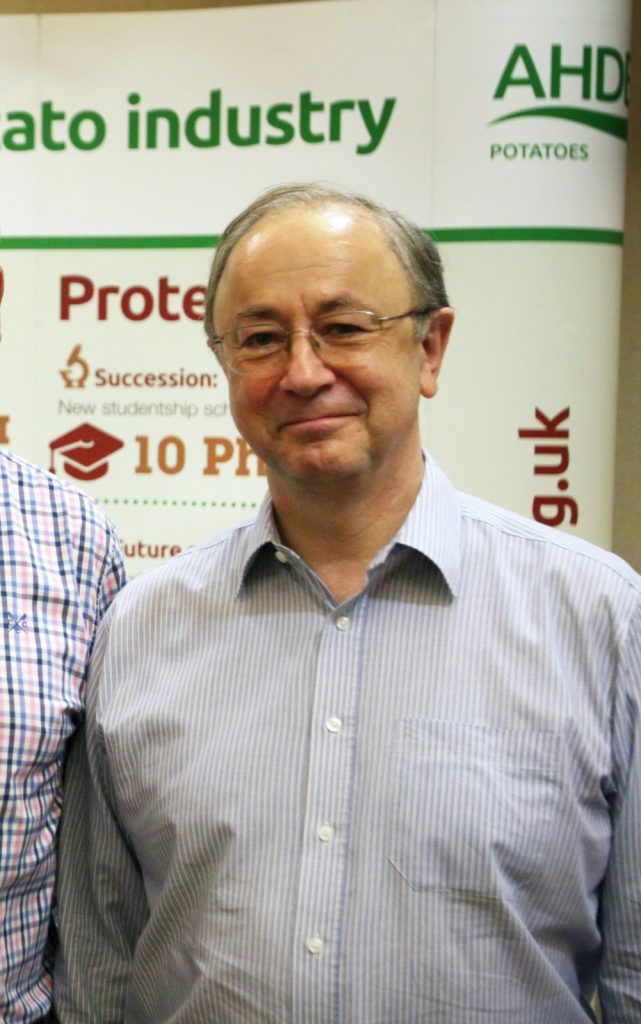Securing the future of vital exports such as seed potatoes and malting barley to third countries post-Brexit is complex and presents ‘real challenges’ according to an AHDB expert.
The comments were made during a live panel session broadcast by AHDB as it took stock of the situation for UK agriculture and horticulture one year on from the referendum.
Peter Hardwick, AHDB Head of Exports, said the market access piece was ‘crucial’ for the UK.
He said: “Taking the seed potato sector as an example, the industry sees some real challenges. We need to be realistic – 75 per cent of our seed potato exports now go out of the EU and we need to ensure there’s continuity in those markets.
“When you look at existing EU trade agreements in detail, the UK is listed separately, so it may be relatively straightforward to disentangle ourselves and enter into a bilateral agreement with the third country. But unfortunately when you dig into the detail you’ll see that the underlying commitment is that the negotiating party is signed up to the European Treaties, which we are leaving.
“For example, within the agreement with Egypt, there’s a specific commitment that the EU supplies seed potatoes tariff and quota free, but there is a reciprocal agreement that we take 250,000 tariff-free tonnes of ware potatoes from Egypt. It’s quite clear the UK will not want to take that full quota, so we will have to enter into some form of negotiation.”
According to Mr Hardwick, even the UK’s bilateral agreements, for example exporting malting barley to China, will be affected by Brexit. The agreements are underpinned by the European regulatory framework, something the UK will have to replicate to assure buyers their UK suppliers will maintain current standards.
But viewers were urged to look at their own businesses to start preparing for the realities of a post-Brexit world.
Phil Dolbear, AHDB Knowledge Exchange Manager, said: “Although farmers are acutely aware of the markets at a global level, they are becoming more aware of what they can control at an on-farm level. Monitor Farm and benchmarking groups are realising their neighbour is not necessarily their competitor. They need to be open and share information and the figures behind best practices.”
Videos from AHDB’s Brexit360 event, including the panel featuring Peter Hardwick and Philip Dolbear, can be viewed at https://www.youtube.com/user/AHDB01/videos-






